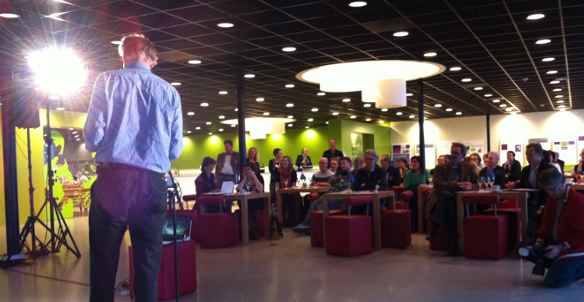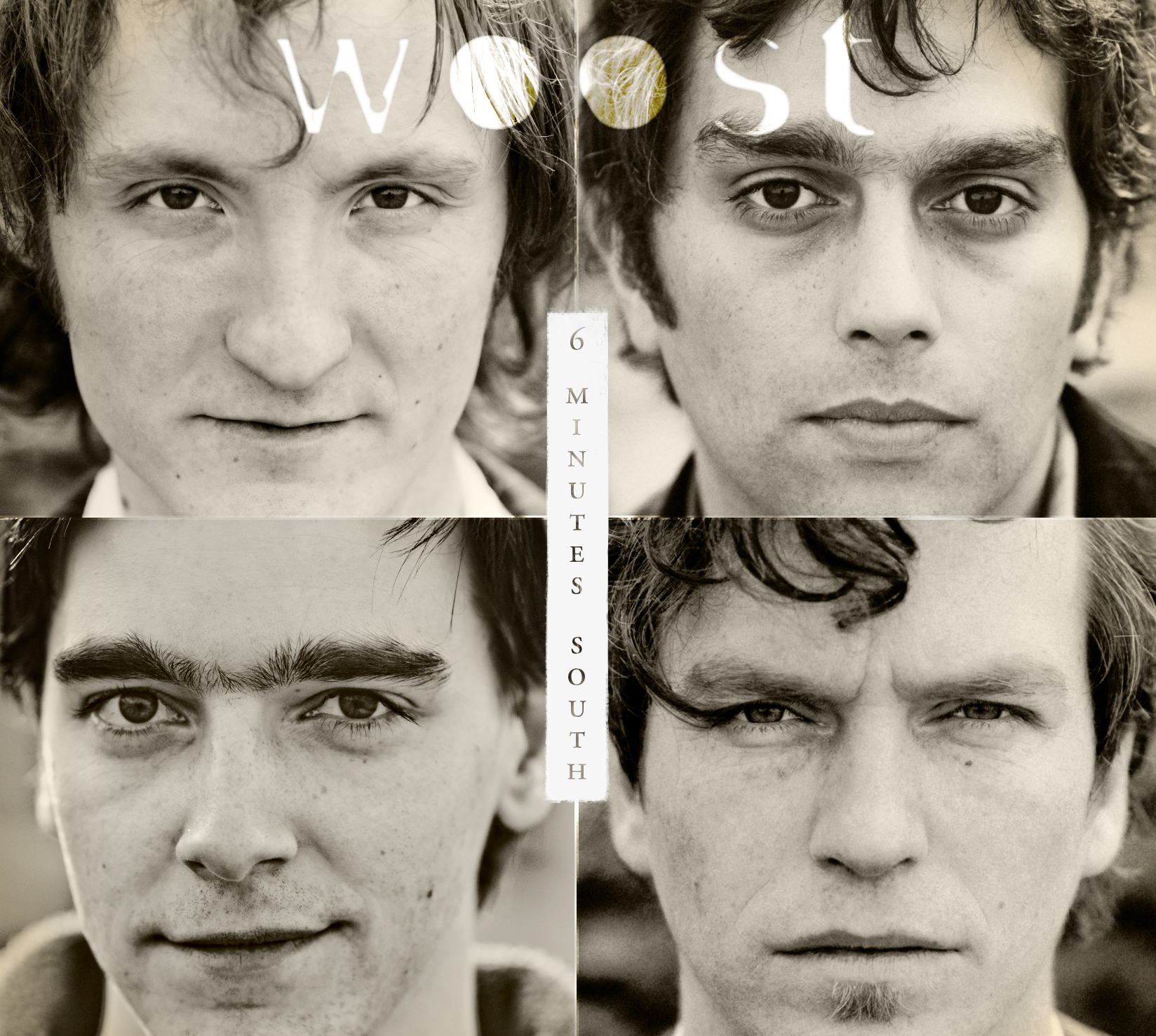
Mark Hoekstra (of Geektechnique fame), introduced Pecha Kucha Nights in Groningen (and The Netherlands) a long time ago. Since his unexpected and tragic death, I am proud to be part of a small crew that continues to organise Pecha Kucha Nights in Groningen, partly in his honour.
Last Monday, the fifteenth edition of a Groningen Pecha Kucha Night took place, in Leeuwarden. I was allowed a few words to kick off the event and share the idea and specifics of Pecha Kucha with the audience. Obviously, I mentioned the 20 slides, 20 seconds criteria, and I also referred to the fact that a license is part of the world of Pecha Kucha Nights.
“If it requires a license, it is not an open format!”
I was amazed by the response I received on that particular bit of information. Since the theme of this particular edition was “Social Innovation” (Dutch link), I anticipated enthusiastic comments regarding the fast pace and the easy way that Pecha Kucha allows a series of people to quickly present their projects and then interact directly in the breaks and afterwards.
Instead, a few people came up to me and said that they objected to the fact that a license is required to put on a Pecha Kucha Nights. They claimed that that was old-fashioned, and couter to the open atmosphere and attitude that Pecha Kucha Nights promoted.
I think they were projecting their own (old-fashioned) rules and expectations on a new way of sharing successful ideas. They associated ‘license’ with restriction, not ‘setting the stage for successful growth’.
It requires a license, because you have to commit to a shared vision
As anyone can read, Pecha Kucha Nights is very open about what it is that they want to see happen, but this is the most important to me:
City organizers are really seen as stewards of the PechaKucha spirit, not owners!
So the license acts as a token of your commitment and promise to do it ‘the Pecha Kucha’-way. It is called a ‘handshake’ for that reason.
What do you think?
Do you think this is the best way to go about creating a uniform, globally recognizable event? Does utilizing a license appear counterintuitive in this day and age of open sharing.What are your pro’s and con’s? Let me know in the comments!


